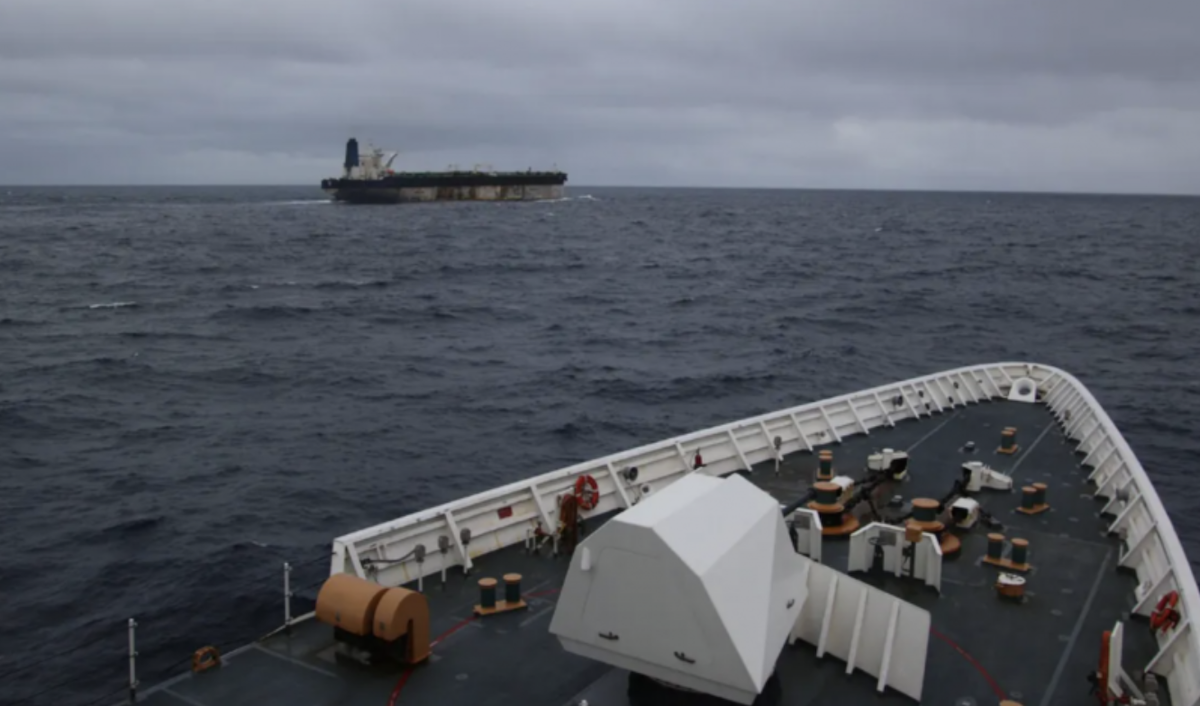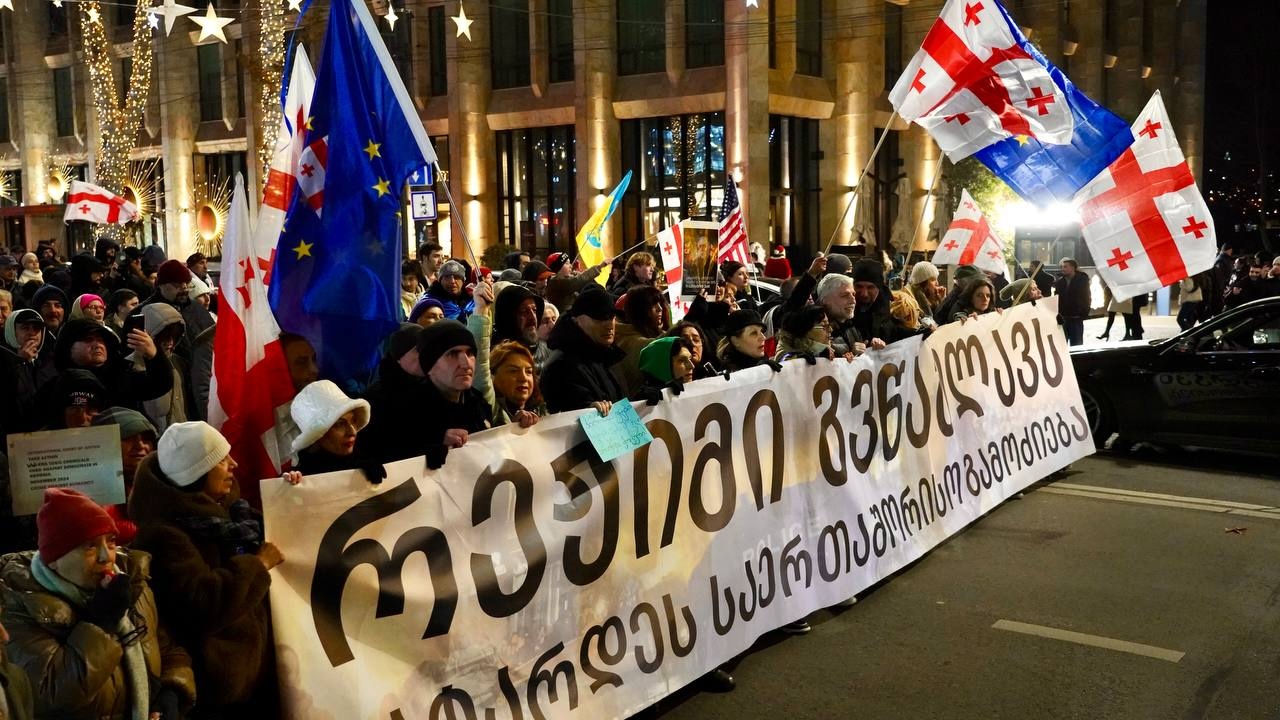Is Armenia about to experience severe shortage of grain?
Shortage of grain in Armenia
In Armenia, people are discussing whether a grain shortage should be expected in the country amid the ongoing war in Ukraine, sanctions against Russia and in connection with the decision of the Russian authorities to temporarily limit grain exports. In Yerevan, discussions were organised on the topic of “Risks of grain shortage. What should the government do?”, during which different opinions were voiced. But in general, both government representatives and experts said that no crisis is expected in Armenia in the near future – there are stocks of grains and imports continue.
Experts believe that problems may arise if the Russian-Ukrainian war drags on for a long time and production decreases in Russia. In this regard, the issue of increasing the “volumes of self-sufficiency” is already being discussed. According to experts, only 50% of arable land is currently cultivated in Armenia.
- Opinion from Yerevan: Russia-Ukraine war moves to its final stage
- Opinion: Armenia is stuck between the West and Russia
- Fleeing Russia to Armenia – alternative for people and companies amid Russo-Ukrainian war
Government on emerging challenges and price hikes
The Armenian government is concerned about the situation and is trying to calculate the risks associated with food security.
The reason for concern was, in particular, the decision of the Ministry of Economic Development of Russia to introduce a temporary ban on the export of grain and sugar to the countries of the Eurasian Economic Union. Armenia is one of the members of the EAEU.
“The measure is temporary and will be valid until 31 August 2022 for wheat and meslin, rye, barley and corn. An exception is provided for deliveries under export licenses issued by the Russian Ministry of Industry and Trade”, Russian sources say.
The Minister of Economy of Armenia Vahan Kerobyan stated that this year the country will face “serious challenges”, it is necessary to develop mechanisms for food security. In particular, the minister urged “not to leave uncultivated lands”. He assured farmers that there will be demand for agricultural products, the costs are likely to pay off, and in general, agriculture can become “more attractive” for businessmen.
Armenian Prime Minister Nikol Pashinyan also said that “nothing optimistic is expected” against the backdrop of, as he put it, the “inflationary earthquakes” of recent years:
“They have been happening constantly for the last two years. The first “earthquake” was coronavirus, followed by geopolitical developments, events taking place in Ukraine”.
The prime minister is sure that prices for agricultural products will rise, and in this sense, “there may be profitability of land cultivation, which was not there before.”
“There will be no problems with food security”
Meanwhile, the head of the State Revenue Committee Rustam Badasyan assures that there will be no problems with food security in Armenia, there are no reasons for concern:
“Russia’s decisions will ultimately not have a negative impact on goods imported into Armenia.”
According to him, Armenia is not threatened with problems with food security, and imports from Russia will continue in the near future.
The fact that “there are no significant risks” and “there will be no problems with essential products,” said the head of the food security department Gevorg Ghazaryan.
He argues that the problems that have arisen in the domestic market of Armenia are not due to sanctions against Russia, but to weather conditions, which is why the Upper Lars checkpoint on the Russian-Georgian border is closed. This is the only overland road through which goods and products are delivered from Russia to Armenia.
According to Gevorg Ghazaryan, the residents of the country have no reason to worry, since the volume of imports has not been reduced, there are also reserves accumulated in advance:
“We have analyzed the volume of imports since the beginning of the year. 76 thousand tons of wheat, 12 thousand tons of barley and 22 thousand tons of corn were imported. If we compare these figures with our annual consumer demand and take into account that there are reserves, then significant risks are not foreseen.”
Samvel Avetisyan, an expert at the Amberd Research Center, also believes that there will be no acute food shortage in Armenia:
“Imports have not been stopped, there is only a pause due to the situation in Upper Lars, and this is a purely technical issue. To the credit of our importers, we must say that we will have enough stocks, there will be no danger of starvation.”
“Armenia’s needs are small”
The Ministry of Economy reports that Armenia does not import grain from Ukraine, the main supplier is Russia. It is believed here that there should be no problems with imports in the future, since Armenia’s consumption volumes are small․
“Armenia’s demand is such that it simply cannot create problems for exports from Russia. Russia produces about 76 million tons of wheat, of which about 23 million tons are exported, and our need is no more than 300 thousand tons,” says Gevorg Kazaryan, head of the food security department.
Moreover, according to him, export restrictions from Russia relate to grain:
“Even if the import of wheat is banned, there are no restrictions on the import of flour. “This applies to both corn and barley, there are no restrictions on imports in ground form.”
Experts are concerned only by the fact that in Russia production volumes may also decrease over time. Such a situation may arise if the Russian-Ukrainian war drags on.
Samvel Avetisyan, an expert at the Amberd Research Center, says that in order to avoid problems, Armenia should think about increasing its own production.
Now only 50% of arable land is cultivated in Armenia. The expert says that the income from growing crops per unit area is very low. Therefore, the villagers are not interested in their production.


















